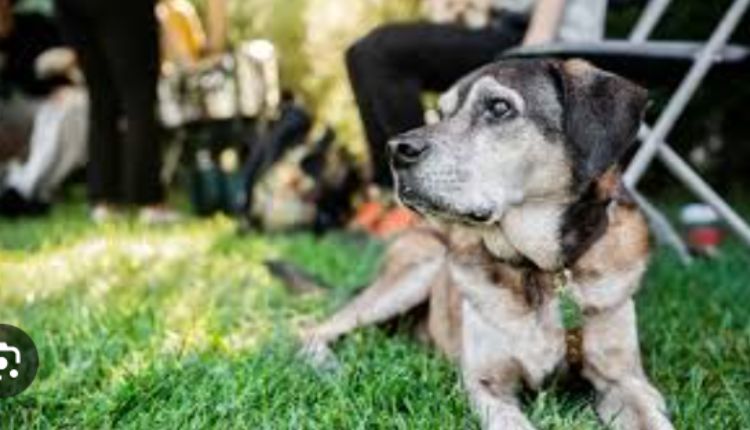Our pets make our lives so much better and bring us so much joy. They have different needs as they get older, and just like us, they have grown-up times.
This article will help you notice these changes, give them preventative care, and make sure they are safe and happy in their golden years. In San Antonio, if you want the best care for your senior pet, you might want to go to an animal hospital in San Antonio, TX, for help and advice from professionals.
Common age-related issues in senior pets.
Our pets may go through a number of physical and mental changes as they get older. Some usual problems that come with getting older are:
- Vision and hearing loss: As pets get older, their eyesight and hearing may get worse. They could run into things or be shocked by loud noises.
- Less mobility: Older pets may have trouble getting around because their muscles and joints are not as flexible as they used to be. It might be hard for them to climb stairs or jump on furniture.
- Cognitive decline: Some older pets may have problems remembering things and learning new things. They might forget what to do or act strange in places they are used to.
- Changes in appetite and digesting: Older pets may eat less or have trouble breaking down food. They may also notice changes in how they use the bathroom.
- More likely to get sick: As a pet gets older, its immune system weakens, making it more likely to get infections and long-term illnesses.
Preventative care for senior pets.
Regular checkups with the vet are important for finding and treating health problems that come with getting older. Some of these tests are:
- Comprehensive physical exams: During a full exam, the vet can see how healthy your pet is overall and look for any problems that might be happening.
- Blood tests and urinalysis: These tests can tell you a lot about how your pet’s organs are working and how healthy they are overall.
- Dental care: Older pets often have problems with their teeth. By getting your teeth cleaned regularly, you can avoid pain and infections.
- Changes to the pet’s diet: Your vet may suggest a senior-friendly diet that is made to make processing easier and meet your pet’s changing nutritional needs.
How to make your senior pet’s golden years comfortable.
With a few changes, you can give your senior pet a warm and stimulating space:
- Give soft bedding: A soft bed with good support can help with joint pain and help you sleep well.
- Change the layout of your living space: Add ramps or steps to help your pet get to the furniture and keep it from falling. Make sure they can quickly get to their water and food bowls.
- Keep to a regular schedule: Senior pets do best with routines. Feeding, walks, and playtime should all happen at regular times.
- The key is gentle exercise: Low-impact exercise done regularly helps keep muscles toned and joints healthy. It is fine to go for short walks, swim, or play.
- Stimulating their mind is important: To keep your pet’s mind busy, give it food puzzles, engaging toys, or easy training tasks.
- Give them lots of love and time: Pets that are getting older might need more care and comfort. If their behavior changes, be gentle and show them lots of love.
To improve the quality of life for your older pet, you might want to clean them, help them with pain, or do a quality of life survey.
Check for skin problems on a regular basis, talk to your vet about pain management choices, and check on your pet’s health on a regular basis so you can make smart decisions about their care.
Seeing the signs of aging, giving them preventative care, and making changes to their surroundings can help make sure that older pets have a happy and healthy golden age, receiving love and care in return.

